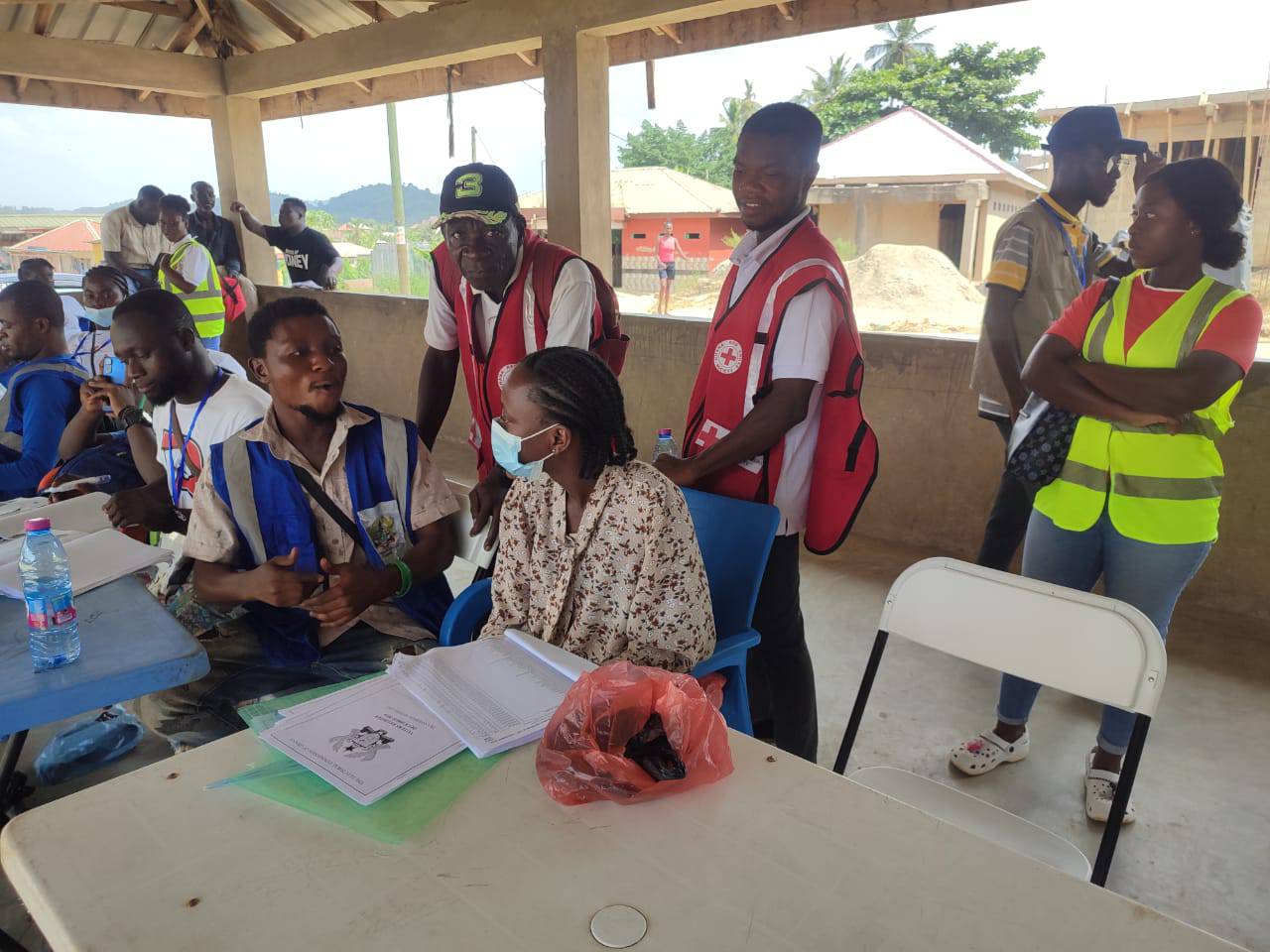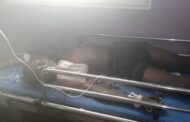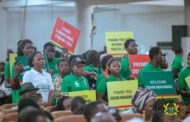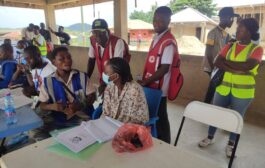The Ghana Red Cross Society has approached the Eastern Regional Health Directorate with a proposal to deploy volunteers to assist in healthcare delivery as the nationwide strike by nurses and midwives continues to strain public hospitals.
This was revealed by the Eastern Regional Health Director, Dr. Damien Punguyire, in an exclusive interview with journalist Obed Kojo Ansah.
According to Dr. Punguyire, although all public hospitals in the region remain open, they are operating at limited capacity due to the ongoing industrial action.
In response, the Red Cross Society has expressed readiness to step in temporarily with volunteers to help fill the gap, particularly in non-clinical support roles.
“The Red Cross has approached us, and they are willing to deploy volunteers to support the health service if our nurses and midwives don’t return soon”.
He added “It is unfortunate, we are attempting to ensure that no child dies, no woman loses her life giving birth and then as the same time we are having this challenges.
But as a health service we have not throw our hands in despair. We have made available staff to continue to run the health services. So far our checks indicate that all the hospitals are at least attending to people not to the optimum level but no facility has been closed down.
The Few who are not on strike are supporting together with the lower level cadres”.The Regional Health Director stated.
In addition to the Red Cross support, the Health Directorate has made arrangements for critical cases in understaffed public hospitals to be referred to private hospitals and Christian Health Association of Ghana (CHAG) facilities, with doctors following up to manage these cases.
The Eastern Regional Hospital is also collaborating with St. Joseph Hospital in Koforidua to manage emergency cases.
Dr. Punguyire noted that while these measures are being put in place to prevent avoidable deaths, especially involving maternal and neonatal cases, the region is hopeful that ongoing negotiations between the government and the leadership of the nurses and midwives will soon bring a resolution to the impasse.
He said the Health Directorate has no available records to suggest more deaths has been recorded as a result of the strike.
“Usually we take our records monthly. There are some of the conditions like health emergency that we take daily then marternal mortality we take it every week. So I am not in the position to say people are dying more or not”.
Source:Mybrytfmonline.com/Obed Ansah



















































